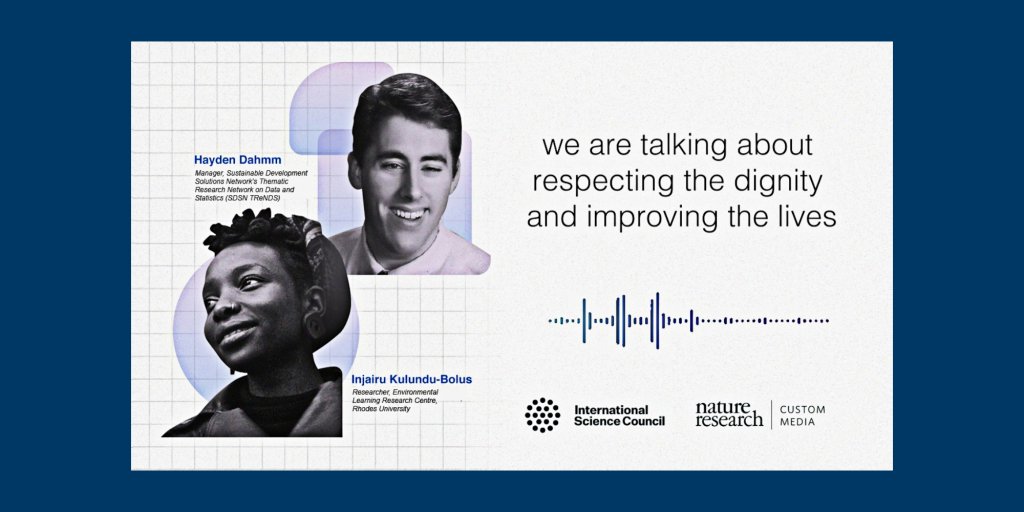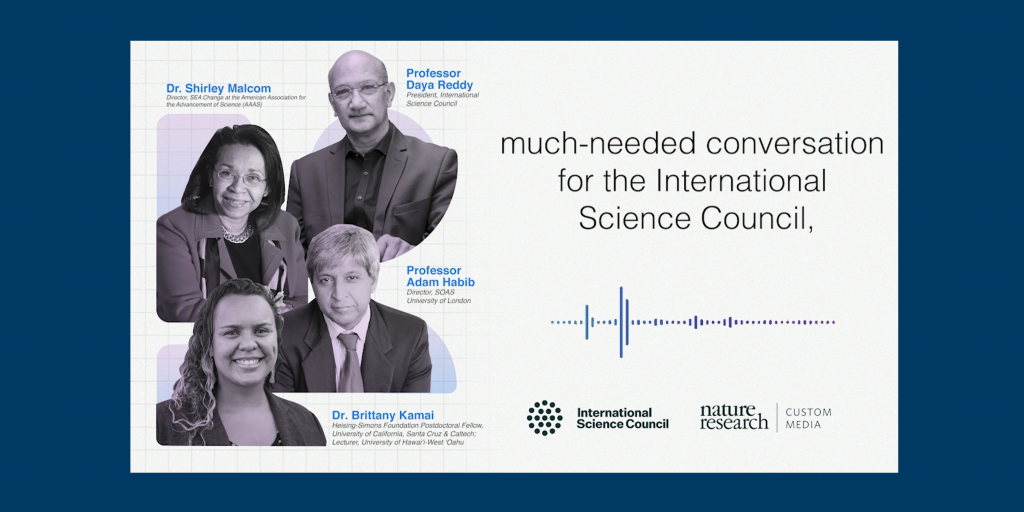Nature ‘Working Scientist’
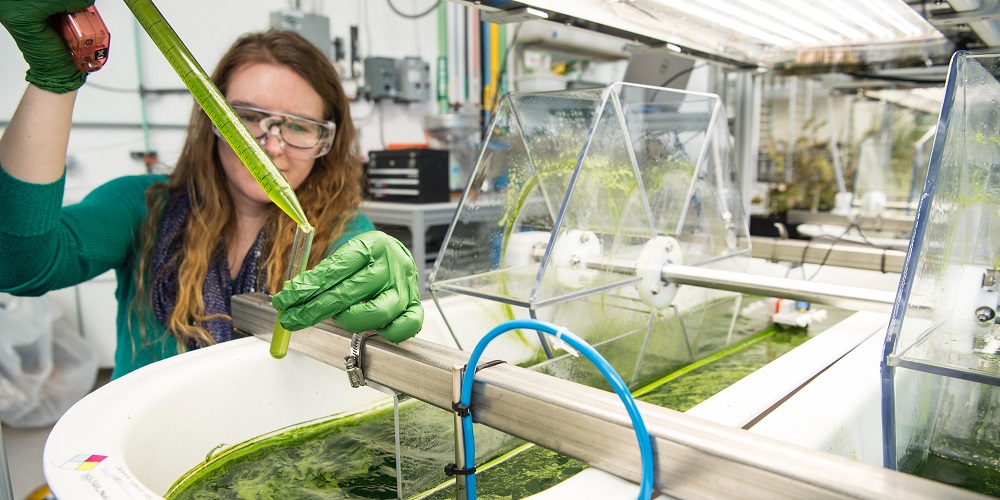
This series highlights all aspects of diversity in science – asking why diversity matters, why diversity makes for better science, how to integrate diverse voices and different perspectives in research, and how to promote inclusion of less well represented or marginalized groups in science settings, including women, people of colour, LGBTQI people, people with disabilities, and people who take a non-traditional route into science.
It asks what practical steps can be put in place to improve diversity in science workplaces and ways of working, and how organizations such as the ISC can be ‘better allies for better science’.
Read transcripts
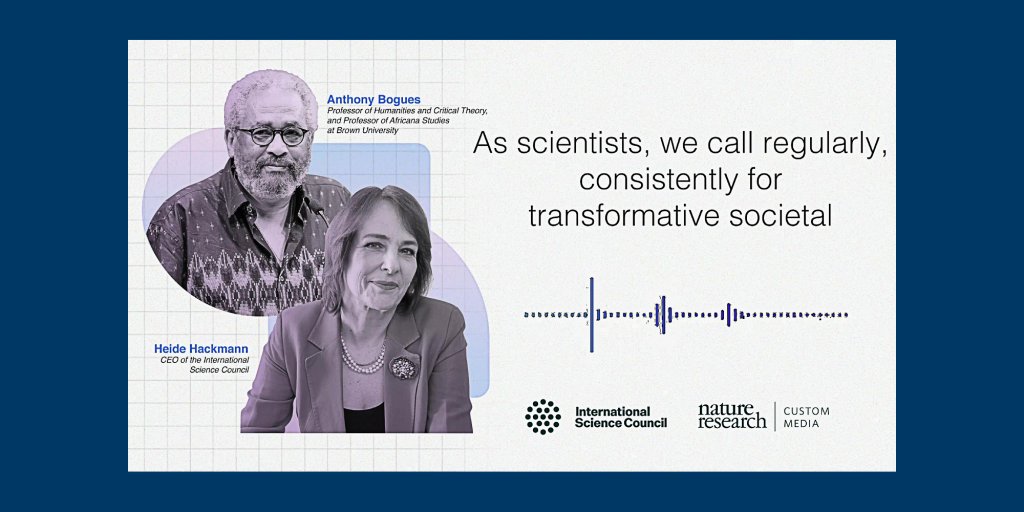 podcast
podcast
Working Scientist podcast: Why does diversity in science matter?
Learn more Learn more about Working Scientist podcast: Why does diversity in science matter?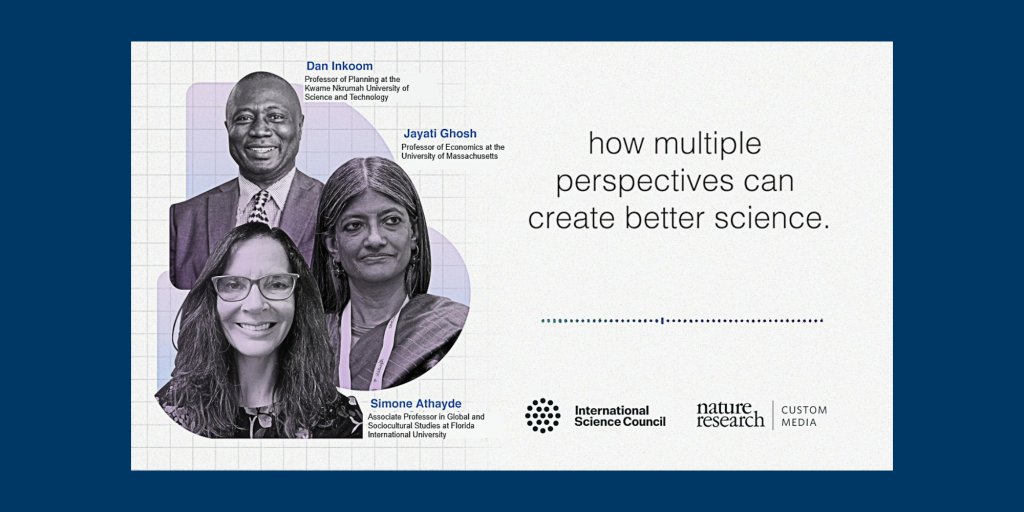 podcast
podcast
Working scientist podcast: How can diversity create better science?
Learn more Learn more about Working scientist podcast: How can diversity create better science?Working scientist podcast: Better allies, better science
Learn more Learn more about Working scientist podcast: Better allies, better scienceThe ISC initiated this podcast series to further deepen discussions on broadening inclusion and access in scientific workplaces and science organizations, as part of our commitment to making science equitable and inclusive. The series highlights work being undertaken through different ISC programmes, projects and networks, and particularly ongoing initiatives on Combating systemic racism and other forms of discrimination, and on Gender equality in science.
Production of the ISC-led section of each podcast is overseen by a small group of experts on improving diversity in STEM settings, who provide editorial guidance to the project team from the ISC secretariat. They are:
- Melody Brown Burkins, Member of the ISC Governing Board and Vice-Chair of the Committee for Outreach and Engagement; Associate Director for Programs and Research, John Sloan Dickey Center for International Understanding and Adjunct Professor of Environmental Studies, Dartmouth College, USA
- Abhijit Majumder, Member of the Global Young Academy (GYA) and GYA project co-lead, GYA Rainbow Incubator Group; Assistant Professor at Department of Chemical Engineering, IIT Bombay and Wellcome Trust-DBT India Alliance Early Career Fellow.
- Vanessa Schweizer, Member of the Global Young Academy (GYA) and GYA project co-lead, Addressing systemic discrimination; Associate Professor of Knowledge Integration, University of Waterloo, Canada.
- Michael Sulu, Senior Teaching Fellow in the Department of Biochemical Engineering and Co-Chair of the Race Equality Steering Group, University College London, UK; Member of The Inclusion Group for Equity in Research in STEMM (TIGERS) and STEM Lead, Leading Routes, UK.
The ISC’s podcast series highlighting all aspects of diversity in science may contain material that some might find difficult to discuss, such as equality issues around gender, ethnicity, racial discrimination, LGBTQI rights, and inclusion and disability access issues. The ISC recognizes that some of the podcasts may trigger painful memories or traumatic experiences for some of our listeners.
If a specific topic covered in these podcasts raises a concern for you, please contact [email protected] or your equality officer at your workplace. It is important that all members of our community contribute to a safe and positive workplace atmosphere as we explore the issues around diversity in science. It is the ISC’s hope that the topics covered in these podcasts contribute to making the positive changes we need in our science systems that reflect, celebrate, and empower all scientists in order to reach their full potential, and ultimately, contribute to the vision of the Council as science as a global public good.

